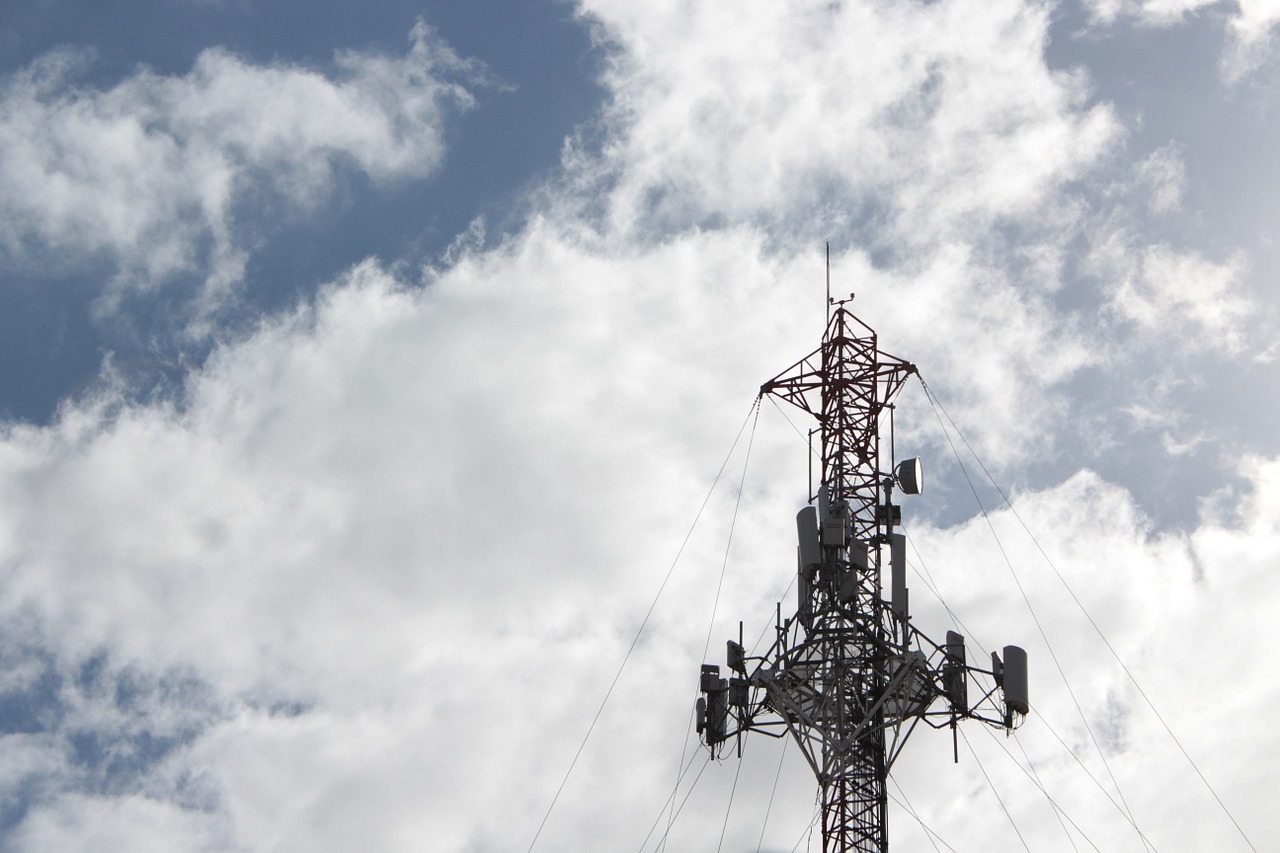With an eye toward next-generation 5G wireless cellular connectivity, networking giant AT&T on Monday announced it will purchase Straight Path Communications for $1.6 billion.
The U.S. Federal Communications Commission has approved 28 and 39 gigahertz frequencies for 5G wireless use, and Straight Path is one of the largest holders of that spectrum.
The purchase could give AT&T, which was the original exclusive partner for Apple's iPhone, a leg up on its wireless competitors — Â chiefly Verizon, T-Mobile and Sprint.
Straight Path was motivated to sell after a settlement with the FCC earlier this year. According to Bloomberg, the company misrepresented the progress of utilizing the spectrum it owned, and as a result agreed to transfer its spectrum licenses by early next year.
AT&T and its competitors are gearing up to launch fifth-generation networks in the U.S. in the coming years. 5G aims to be the successor to the current 4G LTE standard, and it's likely that future iPhones will include 5G connectivity once the networks are established and appropriate wireless chips are available.
AT&T expects its 5G network to provide speeds between 10 and 100 times faster than an average LTE connection, measuring bandwidth in gigabits rather than megabits. Latency could be as low as 1 to 5 milliseconds.
 Neil Hughes
Neil Hughes








 Charles Martin
Charles Martin

 Malcolm Owen
Malcolm Owen
 William Gallagher
William Gallagher

 Christine McKee
Christine McKee
 Wesley Hilliard
Wesley Hilliard









17 Comments
This sounds like a good opportunistic purchase for ATT.
So we rural users will finally get access to real high speed internet. Of course, it will still cost 10 times as much as a regular wired connection at the same speed, so will still suck for those of us out here. None of the wireless companies give a crap about giving rural users a fair shake on their home internet.
Smart. 5G is much more than for phones. It's the glue that will hold together a whole range of technologies including autonomous vehicles, the Internet of Things, wireless ISPs to compete with cable, etc. It is fast, low latency, and supports low power devices. This permits device to device communication in addition to device to cloud. We're moving towards an Edge-Fog-Cloud computing ecosystem, where 5G makes it all possible.
So in essence you will enter the same round as a couple of times before: by the time of go-live networks are not ready to carry the load on a broad level (they can't even now and throttle in highly populated areas as towers are not sufficient), next up higher bandwidth leads to higher consumption leading to "unlimited" again ring very limited indeed, from plowed by plan price surges, until t-mobile, or whoever, again is the first to offer more data, start specific offers, etc. and by the time the infrastructure and prices have settled for 5G 6G will be around the corner :)